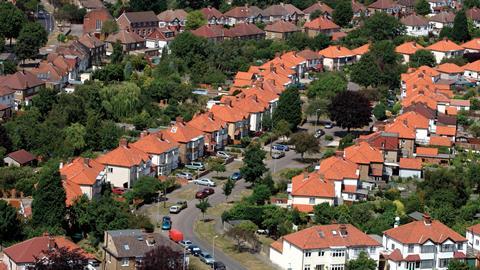Restricting the right of landlords to recover non-litigation costs in leasehold enfranchisement claims could deter them from engaging solicitors and thwart efforts to make the process simpler, the Law Society has warned.
The Law Commission has just finished consulting on its proposals to reform the process for leaseholders to buy or extend their lease. In its 568-page document, the commission asked several questions about non-litigation costs, including the potential impact on landlords of removing or capping their entitlement to recover such costs.
The Society, in its response, says landlords can incur as much as £10,000 plus tax in collective enfranchisement claims. They are normally advised they will be able to recover 60-70% of their overall costs from leaseholders.
The Society says it is aware of landlords’ discontent at the costs ‘they have no alternative but to incur’. If they are restricted to how much they can recover, they may ask their advisers to reduce their charges or not engage any professionals at all: ‘That might lead to more claims being delayed or referred to the tribunal in the absence of professional advice. It is possible to surmise that professionals may in such circumstances discontinue practising unprofitably in this area of the law. If these potential problems do come about, the aims of making enfranchisement simpler and more available to leaseholders might be largely thwarted.’
The Conveyancing Association, in its response, calls for a fast-track dispute resolution service to be introduced, to have jurisdiction over all lease terms. The trade body says the first-tier tribunal currently has limited jurisdiction. The redress scheme has jurisdiction over service complaints in property management and not over onerous lease terms, the fees charged or the timescales to provide information.
The commission received more than 1,000 responses to its enfranchisement proposals.




























3 Readers' comments